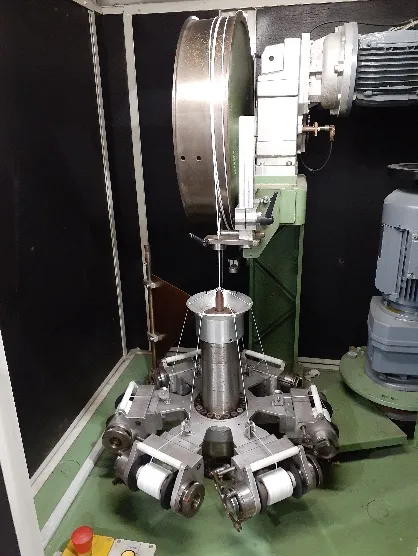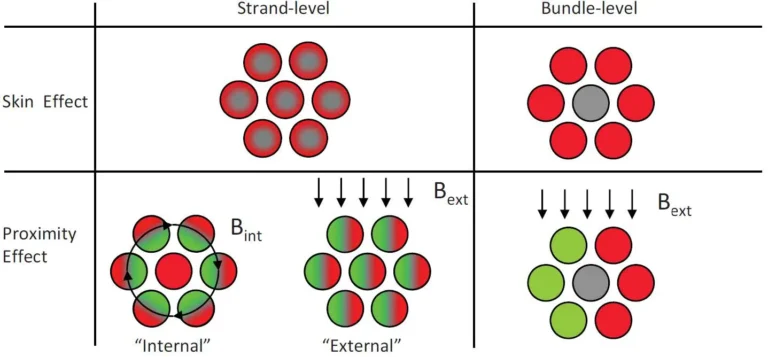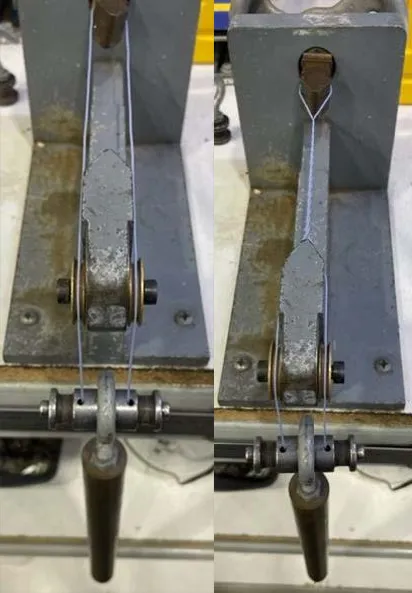Company Alert: Monday, Jan. 22, 2024
The Telephone & Internet service at the Rubadue Wire manufacturing facility in Loveland, Colorado has been disrupted, due to local weather conditions. Please utilize email for all communications until further notice. For Sales & General

Insulated Winding Wire 101: Selecting an Insulated Winding Wire Part I: Temperature Ratings
When designing or selecting an insulated winding wire for use in a wound component, it is important to consider the following: What is the range of operating temperatures that the product will see in your

Litz Wire 101: When is a textile serve appropriate for your application?
Textile serves, when applied to Litz wires, act as an optional layer of added mechanical protection for the overall conductor. Serves are particularly effective at protecting the enamel layer on the individual strands of the

Skin Effect and Proximity Effect Losses in Litz Wires
When designing or selecting a Litz wire for use in a winding, it is important to understand and minimize skin effect and proximity effect losses wherever it is possible to do so. The uneven distribution

The Different Test Methods Used for Electric Strength and Breakdown Voltage Testing on Winding Wires
There are three different test methods used for Electric Strength testing and Breakdown Voltage testing on winding wires. This article will give a brief description of each test method and outline the sizes of winding

A Brief Explanation of Litz Diameters and Tolerances
For engineers in the transformer industry who are used to working with solid conductor winding wires, the larger diameters and wider tolerances on Litz wires may come as a bit of a shock. With Litz